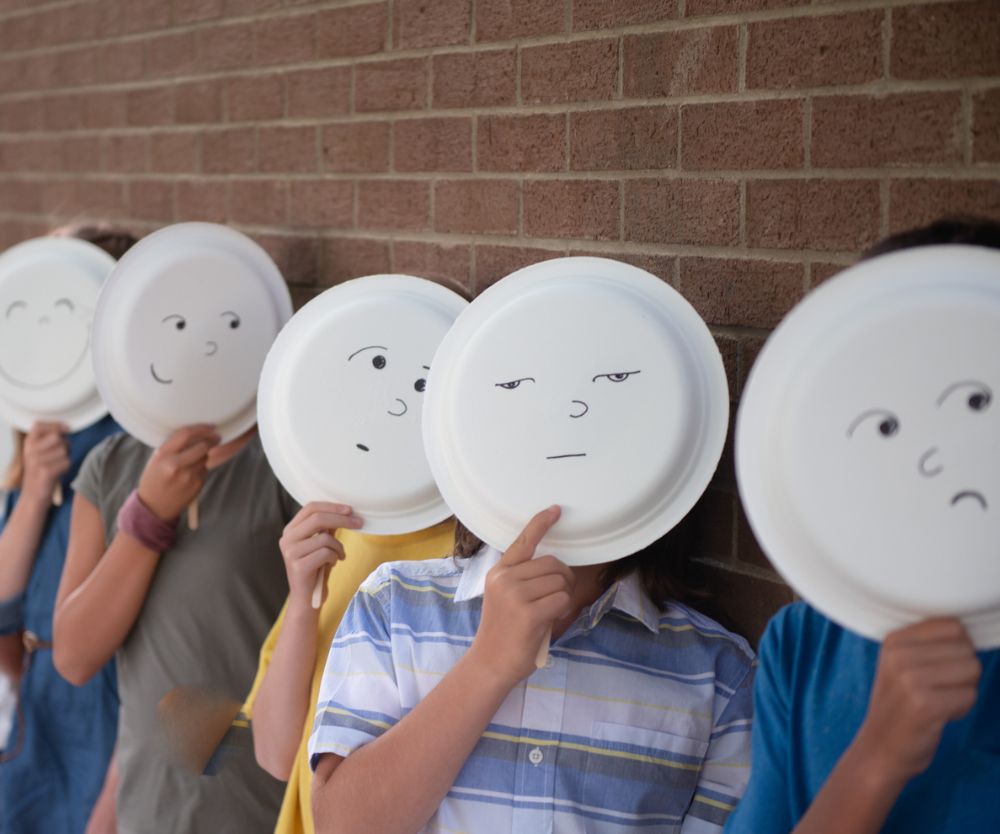26 month old: How to navigate tricky toddler behaviours while keeping your cool
Understanding the triggers for toddler tantrums and anger outbursts.
Toddlers of this age are experts at testing your limits and making their own feelings known, in no uncertain terms.
But it's also important for you to find consistent ways to let them know that negative or hurtful behaviours are not OK, without fearing you'll squelch their spirit.
"No" is actually a necessary and important word in your parenting toolkit, but it's most effective when used selectively, firmly and calmly to clarify no-go boundaries – hurting others, tantrums, self-endangerment etc.
Aggression
Kicking and biting hurt. All they know is that it makes them feel better when they're angry or frustrated! Before you despair that you are raising a bully, realise that the aggression is almost never malicious but typical of a stage that combines primitive language with self-centredness and limited impulse control. Wham!
Tactics to deal with toddler aggression include:
-
Respond quickly and briefly remove them from the situation so they connect the behaviour with a consequence.
-
Model appropriate responses to anger so even when you're angered by their behaviour, avoid hitting, yelling or telling them they're bad. Showing you can control your temper will help them learn to do the same.
-
Remind yourself to reward good behaviour and positive play.
-
If you can't predict their obnoxious behaviour or it continues, try actively supporting them in play situations before the behaviour occurs. Some kids resort to pushing etc because they simply don't know how to engage another child in play. Put down your coffee cup and get in there with the kids, encouraging turn-taking games and sharing.

Toddler meltdowns are often due to a lack of language skills. Image: Getty.
Tantrums
Does your two-year-old like to pitch a fit? One minute all is calm, the next a mini storm is raging on your kitchen floor. Take heart: you're not raising a manipulative tyrant, it's more likely at this age that meltdowns are due to a lack of language skills – inability to articulate feelings and needs – and the frustration this can cause.
Some child experts say tantrums are due to shifting chemicals in toddlers' brains.
WATCH: Tips for getting ready with a toddler. Continues after video …
Tantrum tactics include:
-
Keep your cool – don't add to the emotion with your own and don't stomp out of the room as your child is dealing with a storm of emotion that is no doubt frightening to them – they need to know you're nearby.
-
Don't give in, you're the adult. Try to remember when it's a public event, every other parent knows what you're going through and you may need to be prepared to pick them up and take them to a safer place if they are endangering themselves or others.
-
Learn their triggers and prepare accordingly – are tantrums often connected to hunger, lack of choice, nap time, or transitions like leaving or arriving? Remember, divert and distract!
-
Get a medical opinion if your toddler is still having three or four tantrums a day, and unable to follow routines like getting dressed, by the time they are three.




